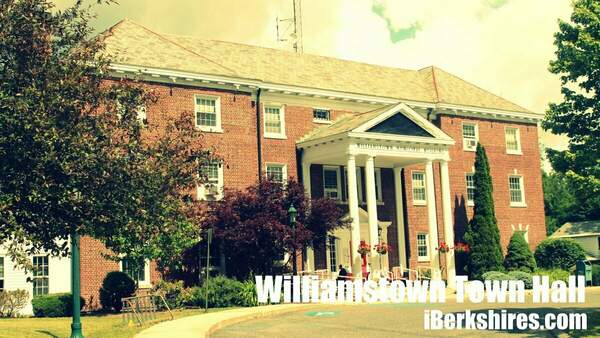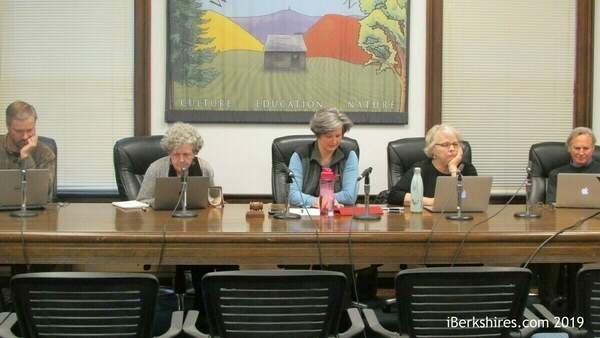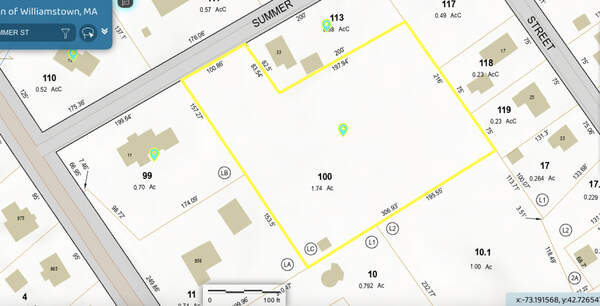Williams Math Professor Recognized for Exceptional Teaching
 Photo courtesy of Baylor University
Edward B. Burger
|
"I thought, 'science is close to math,' so I entered a set of formulas I had derived for fun," said Burger. "The formulas could be used to directly solve systems of equations and were new to me and my math teacher."
Now, Burger, professor of mathematics and Gaudino Scholar at Williams College, and winner of a number of teaching, writing and video awards, has garnered another prestigious honor. Baylor University has named him the recipient of the Robert Foster Cherry Award for Great Teaching that carries with it the largest monetary reward — more than $200,000 — presented by a college or
university to an individual for exceptional teaching. In addition, Burger's home department will receive $35,000.
Individuals nominated for the award must have a proven record as extraordinary teachers with a positive, inspiring and long-lasting effect on students, along with a record of distinguished scholarship.
Burger's initial reaction to the announcement was "total shock."
"It was amazing and unbelievable," he added.
It certainly was not anything Burger, as a young schoolboy, even envisioned in his dreams.
"I was not a strong arithmetic student in elementary school, " Burger said. "In middle school, it became math — more thinking than memorizing. In concert with that, I had amazing teachers who inspired me."
His interest in math didn't surface until high school. He enjoyed tutoring friends, and, in senior year, stood in front of a class for the first time, giving calculus lectures. Though he loved calculus, he had no aspirations to become a math professor. "I wanted to be a lawyer," Burger recalled.
The turning point for Burger came as an undergraduate at Connecticut College, where the math courses were conducted by truly marvelous professors, he said, and he decided to major in math.
"By the end of my undergraduate career, I felt compelled to continue studying math until I got a doctorate or had enough," he recalled.
Continuing his education at the University of Texas at Austin, he earned a doctorate degree in 1990.
Now that more than 20 years have passed since Burger started teaching mathematics, he said, with a laugh, "The moment I've had enough, I'll apply to law school."
As a teacher, Burger has found most satisfying the beginning of his Williams career.
"Everything was fresh and novel — around every corner you saw how special and wonderful Williams is," he said, adding "You only get one shot to discover Williams for the first time and then you become part of it."
Burger refers to his colleagues in the department of mathematics and statistics as "world-class teachers."
"My belief is that learning should be a pleasurable activity," Burger said. "The more pleasurable it is, the more memorable and profound the lessons can be."
In a creative approach to teaching, Burger sometimes uses humor to excite is students and is not afraid of taking risks. During a Parents' Weekend lecture early in his career at Williams, Burger posed a provocative conundrum from topology (the mathematical study that generalizes geometry — where shapes can be stretched, bent, and twisted, but not cut). He asked a packed auditorium of students, parents and colleagues: "If your ankles were tied together with a rope, is it possible to remove your pants and put them back on without cutting that rope?
He then proceeded to jump on a table and demonstrated the topological feat — wearing, of course, Williams boxer shorts tastefully adorned with purple cows. Years later at an address at the Boston Public Library, "I was donned in Red Sox boxers," he said.
He now has a collection of boxers that represent the various colleges, universities and institutions at which he has proven this mathematical theorem.
Burger is also a prolific author, having produced more than 25 books and video series and more than 30 research articles. His national reputation has brought opportunities to serve as a consultant for "NUMBE3RS," a CBS television crime series in which a mathematician helps the FBI solve mysteries.
Most recently, Burger has worked with NBC Learn, the educational division of NBC News, on "The Science of the Olympic Winter Games." He is featured in the "Mathletes" segment of the 16-part video series, explaining some of the mathematics behind the games. The series will air on the "Today Show" and throughout the 2010 Winter Olympics coverage on NBC. "The Science of the Olympic Winter Games" can also be accessed at www.nbclearn.com/olympics (see "Mathletes").
Let's hope, for the sake of mathematics and his future students, that professor Burger will never "have enough" — law's loss is certainly math's gain.















